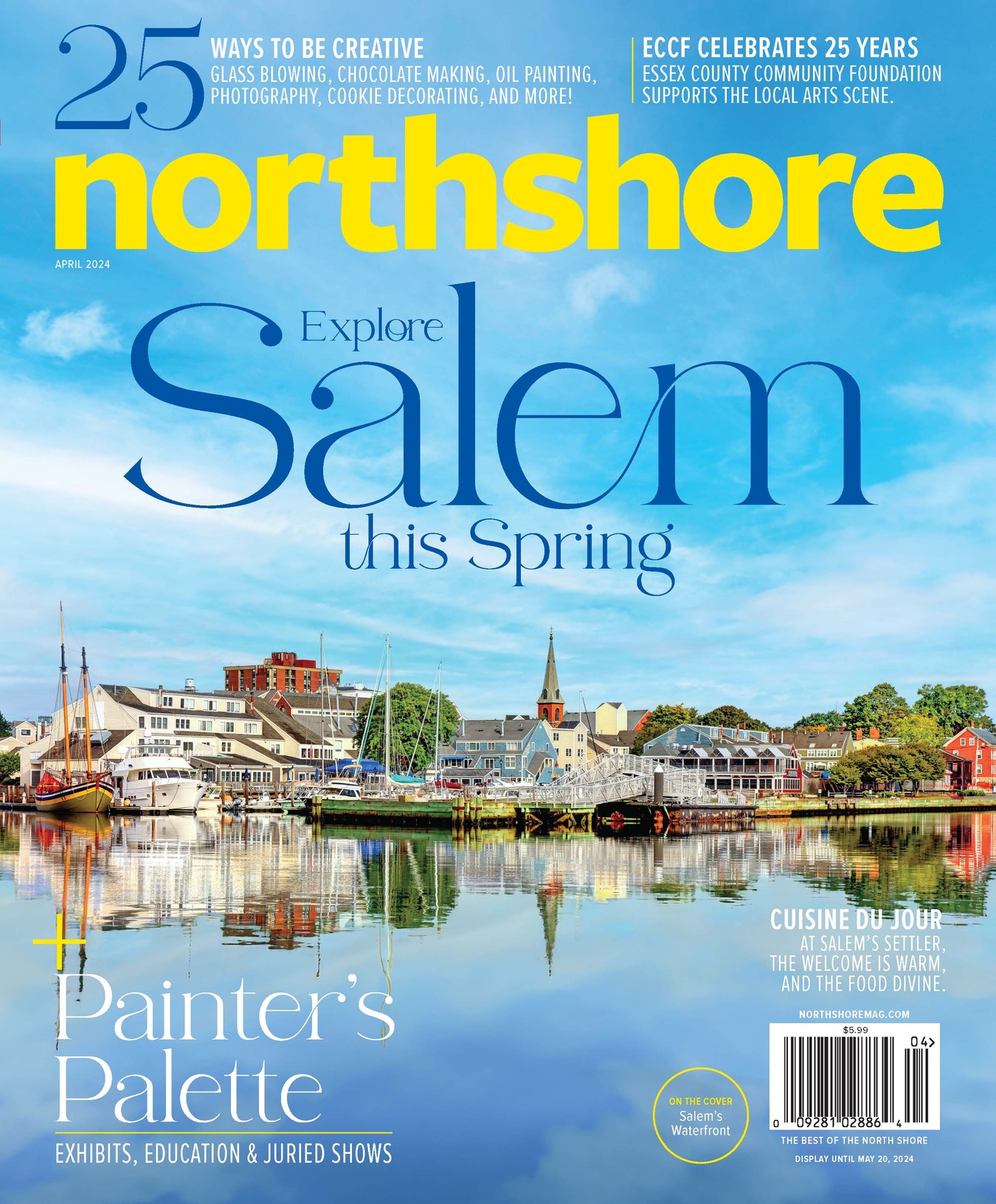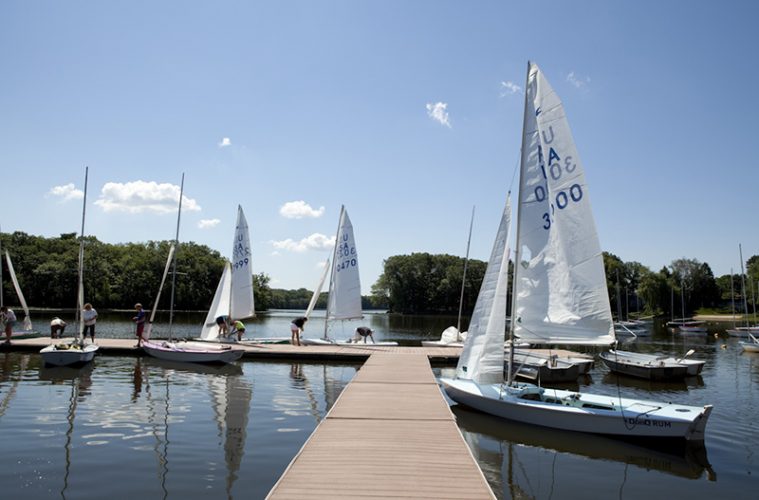In Massachusetts, the town of Winchester has become synonymous with excellence in education. The town’s public schools regularly rank highly in educational achievement, and students get impressively advanced scores on the MCAS exam. Much of that achievement is thanks to an incredibly dedicated, supportive community with a strong commitment to the schools.
“I think that one of the things that really makes the system so great is the partnership between all of the stakeholders,” says Jennifer Elineema, assistant superintendant for Winchester Schools. “When everyone’s that dedicated—the town, the parents, the educators—I think that’s what continues to make it work here.”
Parents, teachers, government officials, and even residents without children support a strong school system, doing things like fundraising, volunteering, and backing an extensive, three-year, $129.9 million renovation project for its high school.
“It’s the biggest capital project that the town has ever undertaken,” says Jennifer Wilson, chair of the board of selectmen. But it’s not just the schools that benefit from Winchester’s strong sense of community. “It is a very active and engaged citizenry,” Wilson says. “I think people like the town and want to contribute to [it].”
One of those people is Carolyn Starrett, president of Sustainable Winchester, which tackles environmental issues like renewable energy, composting, and energy efficiency. The organization even founded the town’s farmers’ market.
“A lot of people kind of have stress around what’s happening with the planet, and they want to take action but they’rereally not sure what to do,” says Starrett. With that in mind, Sustainable Winchester and its volunteers have done things like help residents add solar panels to their homes and teach families how to measure and reduce their homes’ carbon footprints. Now, Sustainable Winchester is helping older adults get grant money to make energy efficiency improvements to their homes.
WINCHESTER TRAILS
Highly literate and forward-thinking, Winchester finds ways to connect classrooms with nature. Nancy Lin pauses along a trail in the Middlesex Fells Reservation and kneels next to an old log. She wonders aloud, “What’s underneath it?” She turns it over and reveals a surprise: A red salamander whose hiding place has suddenly been exposed to the sunlight. A little girl squats nearby and gazes at the amphibian in hushed awe. Oh, the things you’ll learn and discover by turning over a log or a rock in the woods.
Lin is one of more than a dozen volunteer nature guides working with the organization Winchester Trails, an environmental education organization that considers “Nature as our classroom.”
“We really believe strongly that kids need to be outside,” says Lin, a certified professional wetland scientist working for the Massachusetts Department of Environmental Protection’s Wetlands and Waterways program, who manages its outreach, education, and training unit.
Winchester Trails leads fourth and fifth graders from Winchester schools on 2.5-hours-long nature walks through the Middlesex Fells. During these walks, students can actually see, smell, feel, and touch the natural world around them— taking what they learn in the classroom outdoors. “We take a lot of the stuff that’s out there and tie it into the curriculum,” Lin says.
A white pine tree, for instance, offers lessons in history, biology, social studies, and environmental science when Lin shows them how to tell its age by counting its whorls of branches. She points out that there’s more space between some branches than others, revealing good years when the tree grew a lot, and not-so-good years when it didn’t grow much at all. Students learn how Native Americans once brewed vitamin C-rich white pine needles to make tea. They also receive history and botany lessons while examining garlic mustard—an invasive plant species brought from overseas by the colonists. Lin explains how it uses “underground chemical warfare” to kill beneficial bacteria and fungi that trees need to survive.
It’s so important for education to be “applicable, real world, and at a level where students can touch, do, and experience [things],” says Jennifer Elineema, assistant superintendent for Winchester schools. “We can study all of these different things about ecosystems, nature, science, or biology in the classroom, but what we really want to do is see it in action.”
Now, Winchester Trails and the Winchester schools are expanding their 45- year partnership by adding Schoolyard Nature Walks for first, second, and third graders, who will venture into their own schoolyards to discover what’s waiting right outside their classroom door. “We are really excited about this enriched partnership because it will help the kids learn important observation and journaling concepts early in their development,” Lin says, adding that they’re also looking for more volunteers to help make the program even more robust.
“I love working with kids and believe that there is nothing like getting them outside and inspired by nature,” Lin says. “There is still so much to learn, and they need someone to show them.” winchestertrails.org

